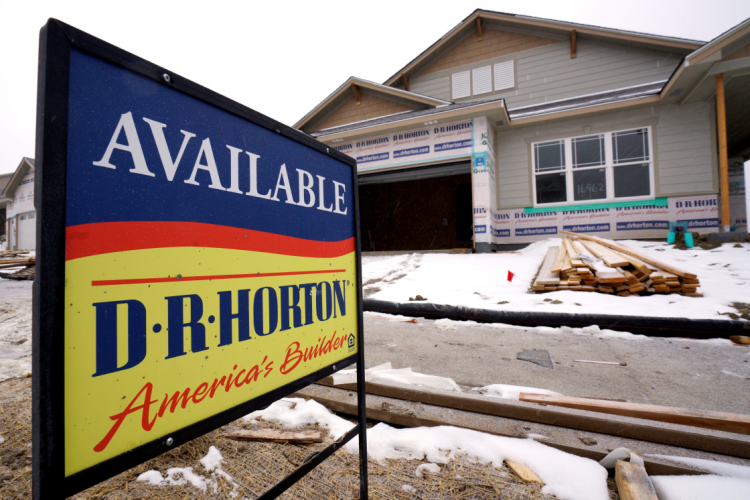Mortgage demand in the United States continues to wane under the pressure of persistently high interest rates, with recent data indicating a significant dip in applications for both home purchases and refinancing. The Mortgage Bankers Association (MBA) reported a 5.6% decrease in total mortgage application volume last week compared to the previous week, even after adjusting for the Presidents Day holiday. This downturn is mirrored by a concerning trend that sees home-buying demand nearing its lowest point since 1995, as mortgage rates remain steadfastly above the 7% mark.
The average contract interest rate for 30-year fixed-rate mortgages with conforming loan balances slightly eased to 7.04% from 7.06%, yet this minor relief was not enough to invigorate market activity. Refinancing applications, for instance, fell by 7% from the previous week and were slightly down from the same period last year. The stagnation is particularly pronounced among lower-income borrowers, who typically rely on FHA and VA loans due to their more lenient down payment requirements.
The purchase market also suffered, with applications for mortgages to buy homes dropping by 5% week-over-week and trailing by 12% compared to last year. Despite this overall slump, there's a silver lining in the demand for newly built homes, which surged by 19% year-over-year in January, according to Mike Fratantoni, MBA's chief economist. This uptick underscores the ongoing challenge of limited existing home inventory, which, coupled with rates breaching the 7% threshold, continues to dampen purchase volumes.
As mortgage rates edged higher at the start of this week, matching early December 2023's peak levels, the outlook for potential homebuyers and those looking to refinance remains grim. The recent volatility in mortgage rates, lacking clear catalysts, adds to the uncertainty in the housing market, which had seen a brief uplift in January when rates momentarily dipped below 7%.
The Federal Reserve's cautious stance on interest rates, considering the robust economic growth, healthy job market, and persistent inflation, suggests that relief for homebuyers might not be imminent. With refinancing activity also hitting a three-month low, the broader implications for the housing market and the economy are becoming increasingly apparent.
This downturn in mortgage demand, reflective of broader economic conditions and policy decisions, marks a significant shift in the housing market dynamics as we head further into 2024. As the industry grapples with these challenges, the resilience of the market and potential policy responses will be key areas to watch.






